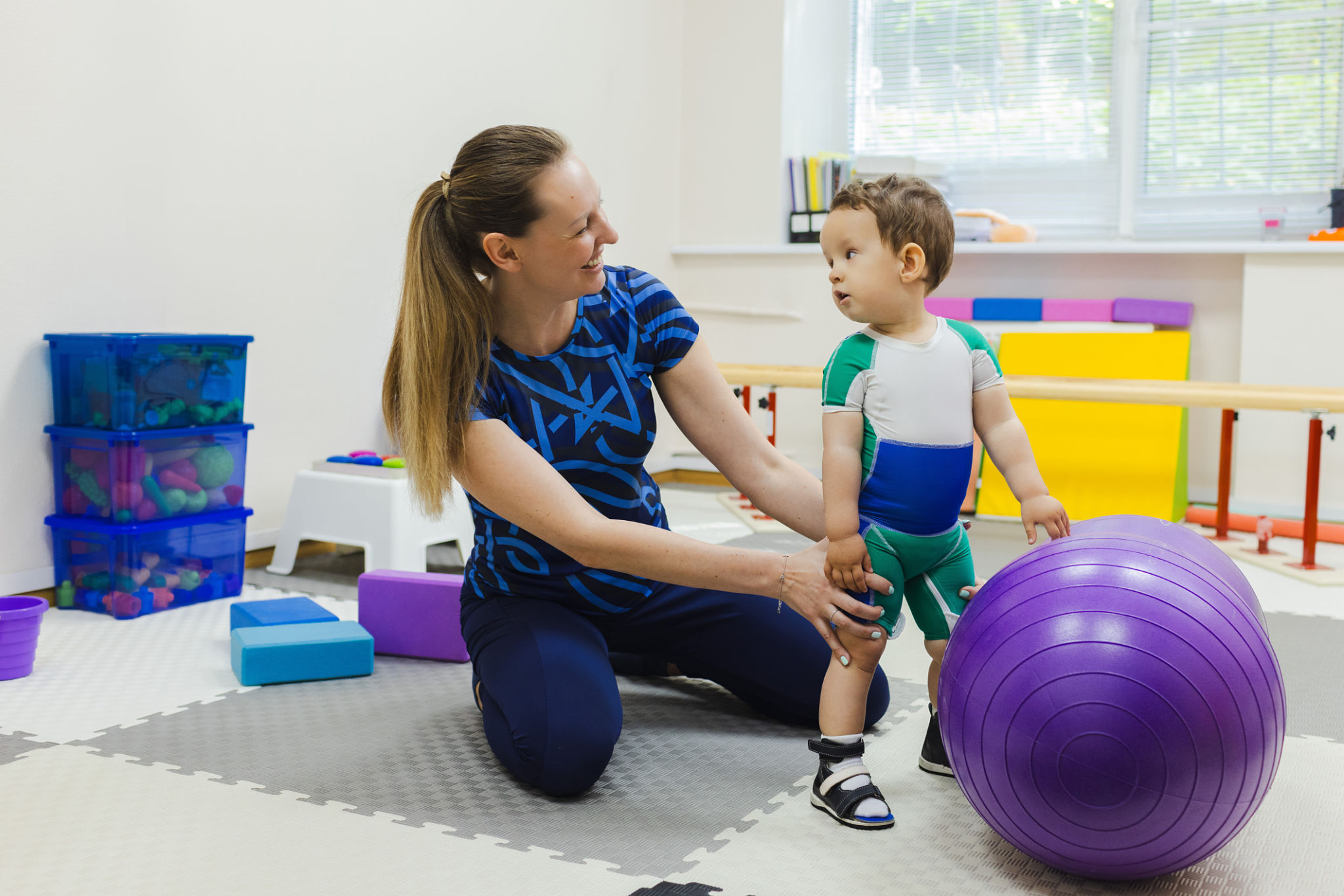Expert Tips for Effective ODD Therapy: Insights from Educators and Therapists
Understanding Oppositional Defiant Disorder (ODD)
Oppositional Defiant Disorder (ODD) is a behavioral disorder often diagnosed in childhood. Children with ODD display patterns of irritable and angry moods, as well as defiant and argumentative behavior towards authority figures. These behaviors can create challenges at home, in school, and in social settings. Understanding ODD is the first step in effectively managing it.

Collaborative Approaches in Therapy
One of the most effective strategies in ODD therapy is a collaborative approach that involves educators, therapists, and families. This method ensures consistency and reinforces positive behaviors across all environments. Educators play a crucial role in identifying behavior patterns early and working alongside therapists to tailor interventions.
Therapists recommend creating an Individualized Education Program (IEP) to address the specific needs of each child. This plan allows for targeted strategies and accommodations that can help manage symptoms effectively.
Behavioral Strategies for Success
Behavioral strategies are essential in managing ODD. Techniques such as positive reinforcement, clear and consistent rules, and structured routines can significantly improve behavior. Here are some expert-recommended strategies:
- Positive Reinforcement: Rewarding positive behavior can encourage children to repeat these actions.
- Clear Rules: Establishing clear, consistent rules helps reduce confusion and defiance.
- Structured Routines: Predictable environments can reduce anxiety and opposition.

Communication Techniques
Effective communication is vital when working with children with ODD. Using calm, even tones and simple language can help de-escalate potentially volatile situations. Empathy is also key; acknowledging the child's feelings without condoning negative behavior fosters trust and openness.
Therapists suggest using active listening techniques, which involve validating a child's emotions and concerns before responding. This approach can help children feel understood and less defensive.
Importance of Consistency
Consistency across all environments is critical for children with ODD. Parents, educators, and therapists need to work together to ensure that rules and consequences are the same at home, at school, and during therapy sessions. Consistency helps children understand expectations and reduces confusion.

Incorporating Play in Therapy
Incorporating play into therapy sessions can be highly beneficial for children with ODD. Play therapy allows children to express themselves in a non-threatening environment, helping therapists identify underlying issues and teach problem-solving skills in a fun way.
This approach can also improve communication skills and build a child's confidence, making them more receptive to other therapeutic interventions.
Building a Support Network
Building a strong support network is essential for families managing ODD. Connecting with other parents facing similar challenges can provide valuable insights and emotional support. Support groups and online communities can be excellent resources for sharing experiences and strategies.
Therapists and educators often recommend family counseling sessions to help improve family dynamics and develop effective coping strategies that benefit everyone involved.
The Role of Educators
Educators play a significant role in the management of ODD. By creating a supportive classroom environment and maintaining open communication with parents and therapists, teachers can help mitigate the impact of ODD on a child's academic performance and social interactions.

